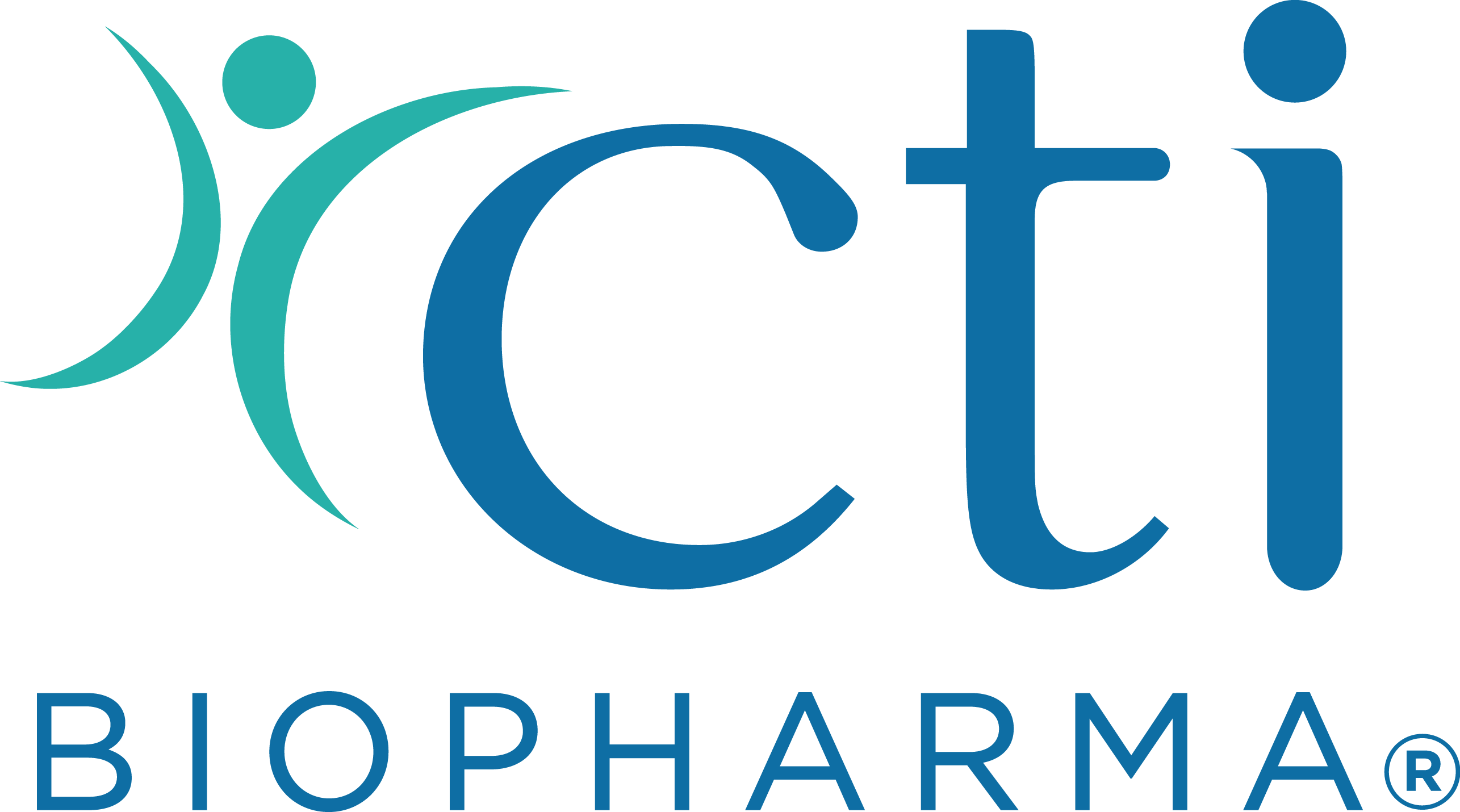Mucositis/Stomatitis
Stomatitis (also known as mucositis or mouth sores) describes a common side effect of certain anti-cancer drugs (e.g. methotrexate, sunitinib, afatinib, cytarabine, fluorouracil), radiation therapy, or a combination of both.
Stomatitis (also known as mucositis or mouth sores) describes a common side effect of certain anti-cancer drugs (e.g. methotrexate, sunitinib, afatinib, cytarabine, fluorouracil), radiation therapy, or a combination of both.
MUCOSITIS/STOMATITIS ORAL CHEMOTHERAPY EDUCATION Stomatitis (also known as mucositis or mouth sores) describes a common side effect of certain anti-cancer drugs (e.g., methotrexate, sunitinib, afatinib, cytarabine, fluorouracil), radiation therapy, or a combination of both. It causes swelling of the mouth and can affect the cheeks, lips, gums, tongue, throat, and the roof or floor of the mouth. Things that put you at risk: o Poor dental care o Dental prosthetics (e.g., dentures, dental bridges, implants) that do not fit o Gum diseases and fungal, bacterial, or viral infections o Open wound or cut in the mouth o Dehydration o Smoking o Other medications (opioids, steroids, antidepressants, anticholinergics, antihistamines, decongestants) What you may experience with mucositis/stomatitis: o Ulcers or sores in the mouth, including on the gums or tongue o Pain or discomfort in the mouth and throat, including when eating food o Reddening of the skin inside the mouth, usually in patches o Swelling of the mouth and gums o White patches in the mouth o Trouble talking and swallowing food or water Mucositis/stomatitis typically starts after 1 to 2 weeks of cancer treatment. It may go away on its own or require treatment recommended by your care team. What can you and your care team do to prevent and lessen the severity of mucositis/stomatitis? o Swish and spit with solutions that contain salt, baking soda, and warm water (one-half teaspoon of salt and one teaspoon of baking soda in 8 oz of water) every 4 hours. o Keep your mouth moisturized by using over the counter products for dry mouth. o Keep your lips moisturized and protected by using water-soluble, lanolin or oil-based lubricants. o Take good care of your teeth and gums and use a soft toothbrush when brushing your teeth. • You may buy a soft bristle toothbrush or run your toothbrush under hot water to soften the bristles. o If you are receiving anti-cancer drugs through your veins, ask your care team if you should swish ice chips in your mouth for 20 to 30 minutes around the time of cancer treatment (also referred to as “oral cryotherapy”). o Avoid alcohol (including drinking alcoholic beverages as well as mouthwashes that contain alcohol) and tobacco products. o Avoid eating foods that are sharp or rough, spicy, hot, acidic, citrus fruits, or require a lot of chewing. o Your doctor may prescribe you mouth washes to help with pain and healing. o Consider visiting your dentist for your routine follow ups. Call your care team if you are experiencing any pain or discomfort in your mouth or throat. MUCOSITIS/STOMATITIS ORAL CHEMOTHERAPY EDUCATION Important notice: The Association of Community Cancer Centers (ACCC), Hematology/Oncology Pharmacy Association (HOPA), National Community Oncology Dispensing Association, Inc. (NCODA), and Oncology Nursing Society (ONS) have collaborated in gathering information for and developing this patient educational supplement. This summarized information represents a brief summary of supportive care information and other resources. This supplement does not cover all existing information related to the possible directions, doses, precautions, interactions, adverse effects, or risks associated with specific medication or adverse events and should not substitute for the advice of a qualified healthcare professional. Provision of this supplement is for informational purposes only and does not constitute or imply endorsement, recommendation, or favoring of this side effect management by ACCC, HOPA, NCODA, or ONS, who assume no liability for and cannot ensure the accuracy of the information presented. The collaborators are not making any representations with respect to the clinical information presented whatsoever, and any and all decisions, with respect to such patient management, are at the sole risk of the individual consuming the medication. All decisions related to education and managing adverse events should be made with the guidance and under the direction of a qualified healthcare professional. Permission: Supplemental Oral Chemotherapy Education (OCE) sheets are provided as a free educational resource for patients with cancer in need of concise, easy-to-understand information about cancer topics and adverse event management. Healthcare providers are permitted to copy and distribute the sheets to patients as well as direct patients to the OCE website for information. However, commercial reproduction or reuse, as well as rebranding or reposting of any type, are strictly prohibited without permission of the copyright holder. Please email permission requests and licensing inquiries to This email address is being protected from spambots. You need JavaScript enabled to view it.. Copyright © 2022. All rights reserved. Additional instructions
Read more ...
















